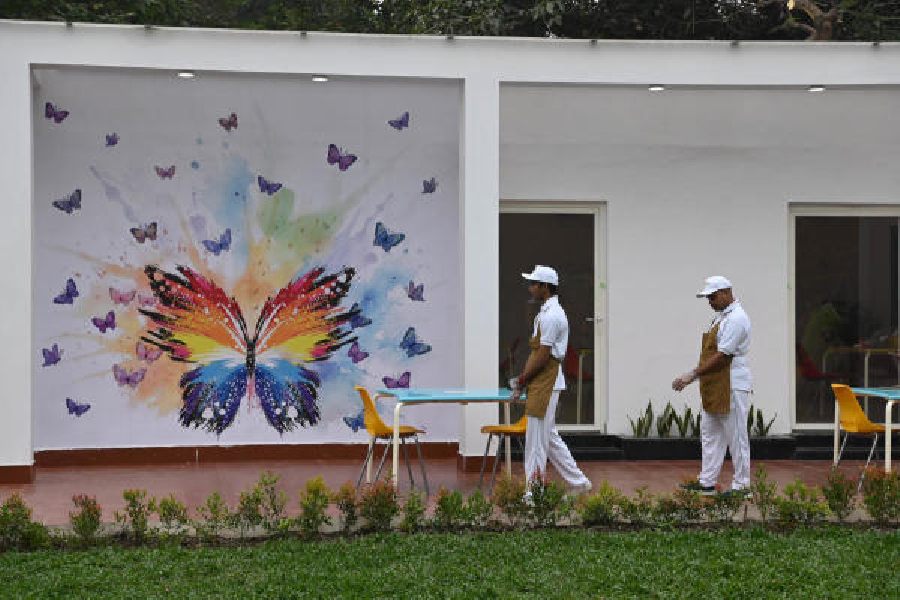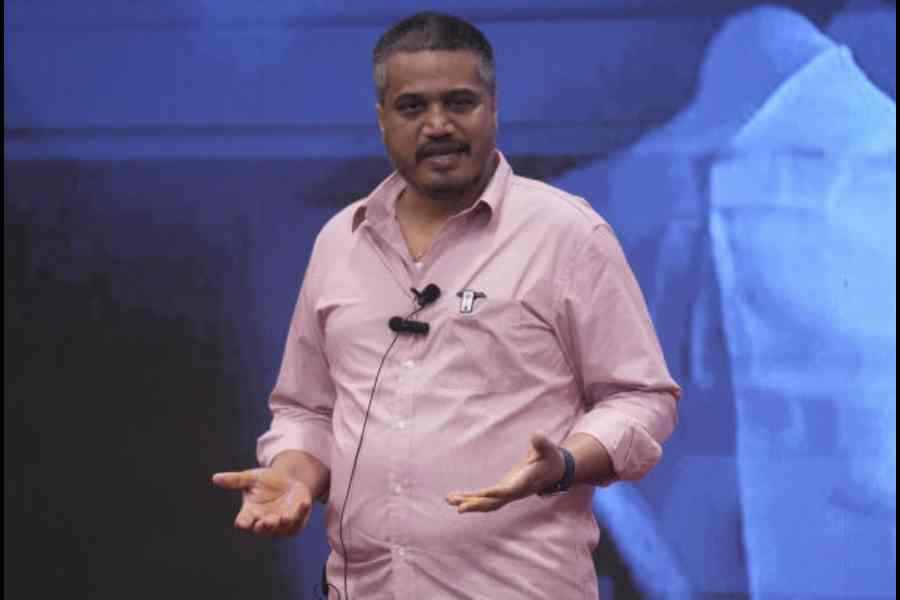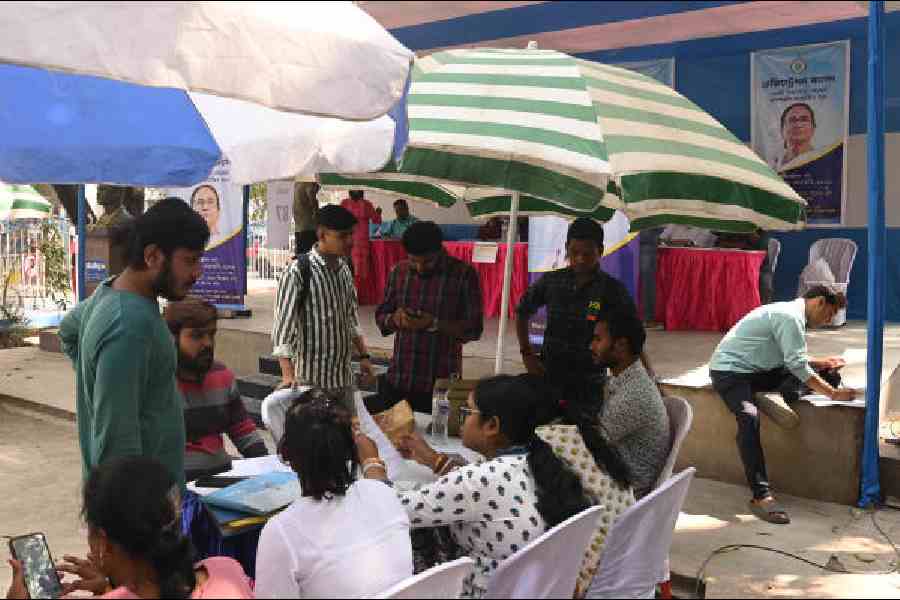Two neurodivergent individuals recently interned at an ice cream manufacturing unit in the city — an experience that, according to those who work with them, helped them become more independent, employable, and better prepared for the real world.
The two had prior experience working in the cafe on the campus of Manovikas Kendra, a centre that works with children and individuals with various disabilities, before the institute sent them for the month-long internship this summer.
The internship at the ice cream manufacturers included kitchen tasks, rolling and cutting cookies, and packaging work.
Self-sufficiency
The two men have intellectual disabilities. Internships give individuals with disabilities the opportunity to face challenges in the real world, said Amita Prasad, director, Manovikas Kendra.
“Our students are used to a familiar setting with known people. An internship in a new place teaches them to respond in unfamiliar environments and interact with new people,” she said. “They also commute on their own, possibly helping ready them for employment and independent living."
Most parents of those with disabilities worry about how their children will manage after them.
“Every parent wants to raise independent children. But it is important that society also creates a world that is more accepting of them,” said the father of a neurodivergent child.
Prasad said such internships help them understand workplace dynamics.
Inclusive environment
Autism Society West Bengal also plans to start internships for its students, but first wants to talk to prospective employers to ensure that the workplaces have inclusive practices.
Inclusive practices include sensitising employees to ensure a neurodivergent person is not teased or bullied.
There have been examples of neurodivergent people being compelled to quit their workplaces because of teasing.
A 26-year-old man with autism who did data entry work had to quit his job because he was constantly teased. He faced cruel and insensitive remarks as well. Co-workers asked him prying, personal questions.
“Workplaces have to learn to be inclusive. Neurodivergent people have skills that they have to build and work on. They have to work on their communication and coping strategies, but people at the workplace also have to learn inclusiveness,” said Indrani Basu, founder, Autism Society West Bengal.
Basu said that at a workplace, a neurodivergent person learns to communicate in a neurotypical environment, but should not have to tolerate ragging and abuse.
While some organisations have opened up to people with disabilities, reluctance persists, and the numbers are few.
“A few organisations are hiring people with disabilities, but the problem is that society is still not accepting enough. The obstacles are in people’s minds,” said Pradipta Kanungo, director, Bloomingdale Academy High School.










